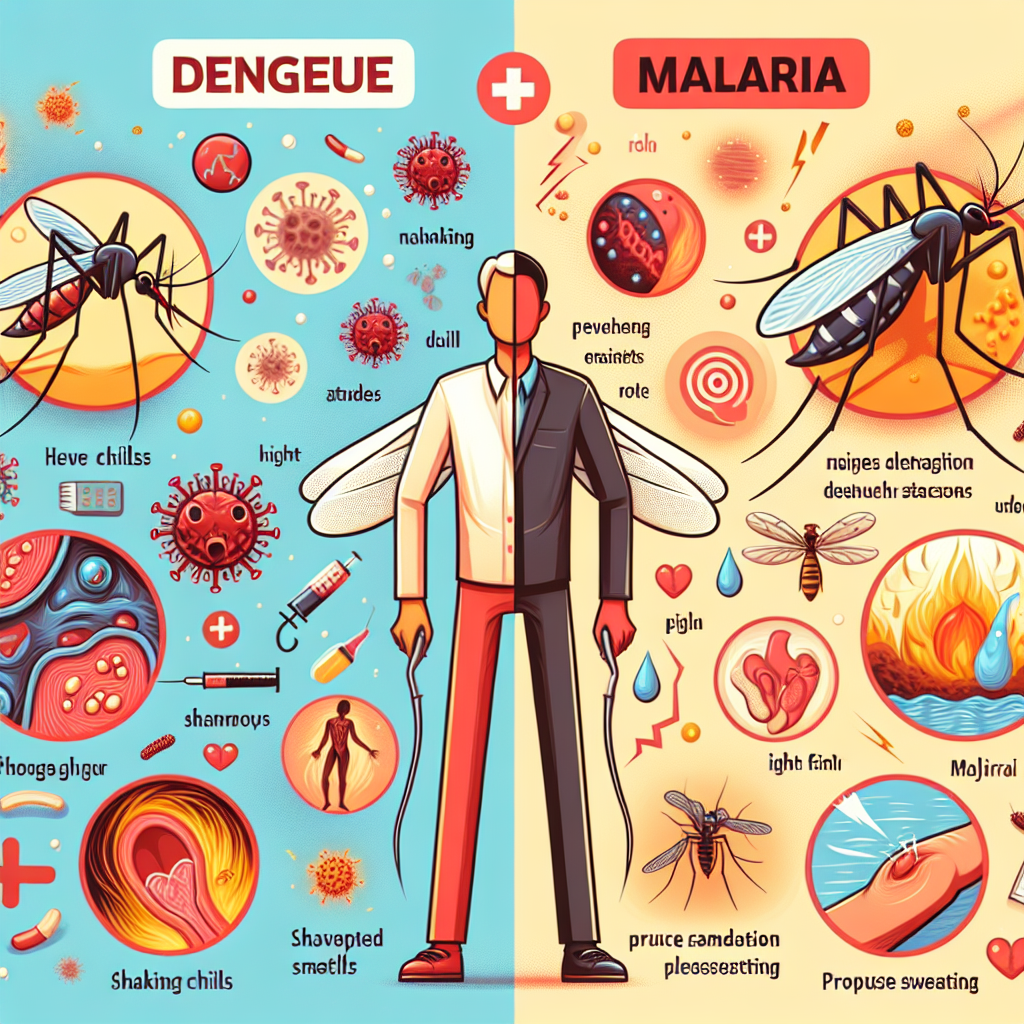Climate Change Fuels a Surge in Dengue Fever: Study Reveals Alarming Trends
A study links 18% of dengue cases from 1995-2014 to climate change-induced temperature increases. Without significant action, cases could rise by 50-76% by 2050. The findings suggest that warming is exacerbating the spread of dengue in traditionally low-incidence regions, necessitating aggressive mitigation and adaptation strategies.

- Country:
- India
Researchers from Stanford and Harvard universities have revealed a stark link between rising temperatures due to climate change and the surge in dengue fever cases across Asia and the Americas. The study, published in the journal Proceedings of the National Academy of Sciences, pins 18% of dengue incidences from 1995 to 2014 on higher temperatures resulting from climate change.
The findings suggest that if current trends in greenhouse gas emissions continue, cases of this mosquito-borne disease could spike by 50-76% by 2050. The research analyzed over 1.4 million dengue cases in regions like Central and South America and Southeast and South Asia, yet noted that large dengue-endemic areas, such as India and Africa, were not included due to a lack of detailed data.
Scientists emphasized the importance of aggressive climate change mitigation and adaptation, including better mosquito control and health systems, alongside the use of new vaccines. The study also highlights the potential for these findings to influence public health policies and serve as a basis for holding entities accountable for climate change impacts.
(With inputs from agencies.)










